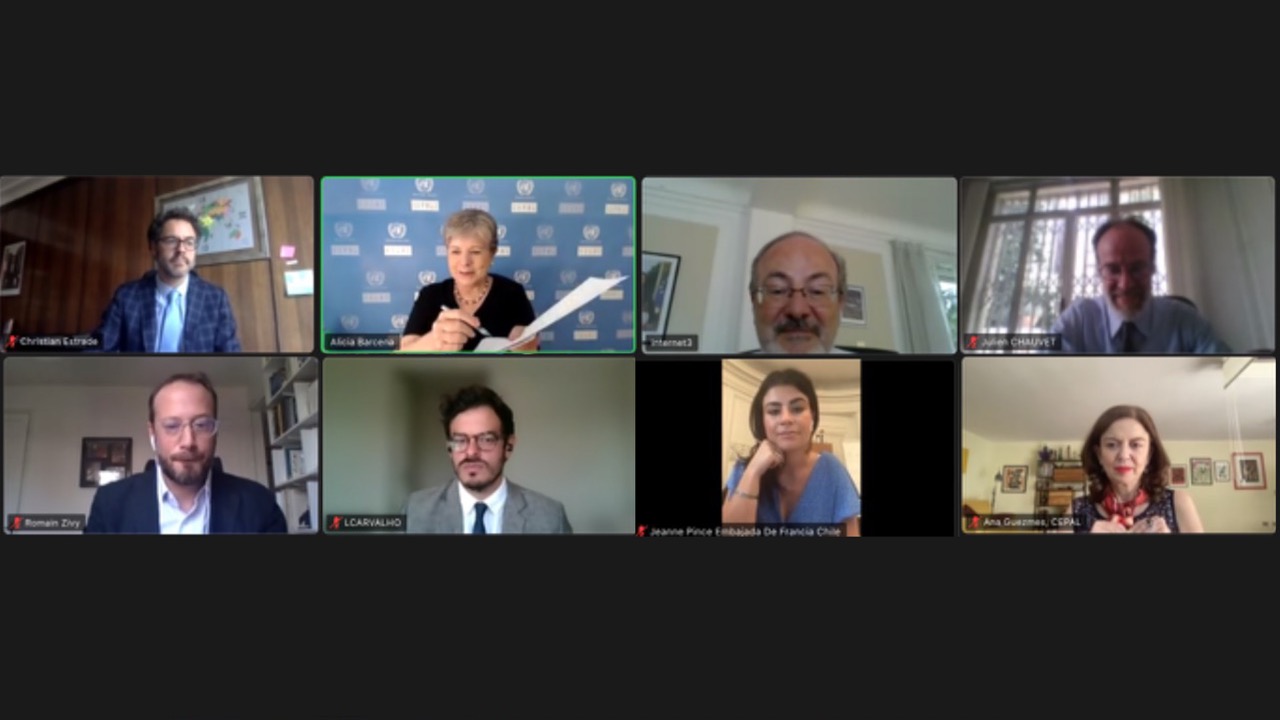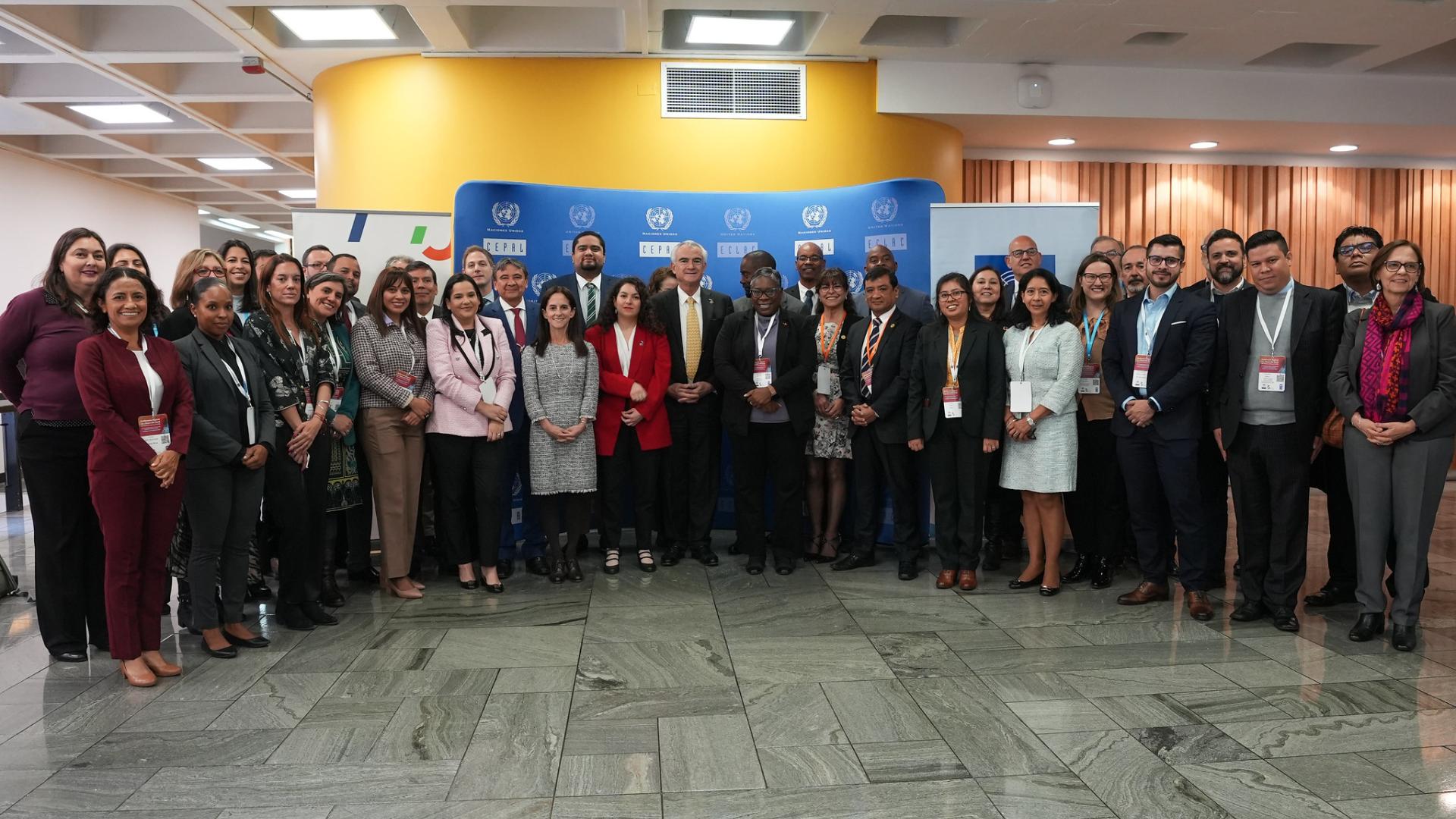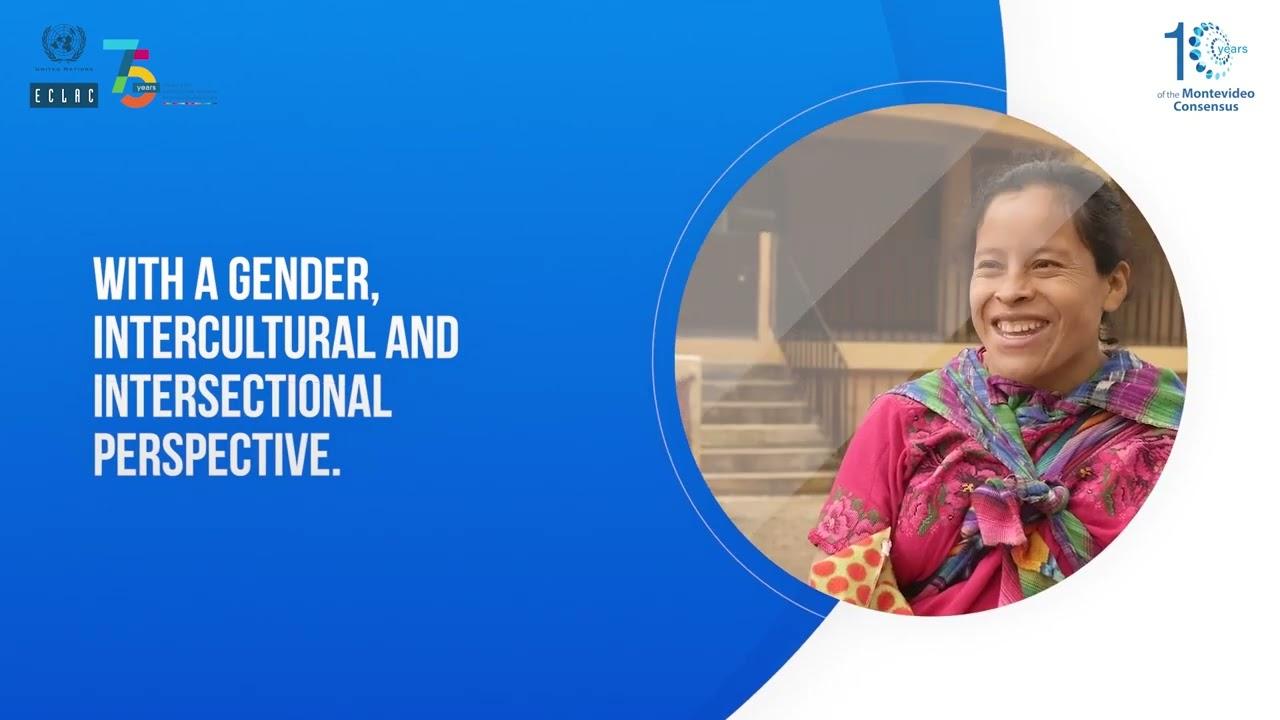Briefing note
The Economic Commission for Latin America and the Caribbean (ECLAC) and the Government of France renewed their cooperation agreement to support initiatives that the United Nations regional organization is carrying out with the region’s countries to promote a transformative recovery from the crisis prompted by the effects of COVID-19 and fulfillment of the 2030 Agenda for Sustainable Development, especially in relation to environmental matters.
The agreement was signed today by ECLAC’s Executive Secretary, Alicia Bárcena, and the Ambassador of France in Chile, Roland Dubertrand, during a virtual ceremony.
The new agreement, in effect through December 2021, seeks to contribute to a recovery with equality and sustainability, focusing mainly on supporting implementation of the Paris Agreement on Climate Change (2015). To this end, it contemplates support for carrying out studies, seminars and technical workshops on climate change-related issues, as well as follow-up on global summits, high-level forums and international events that are a priority for ECLAC and French cooperation.
The activities envisioned are divided into two core themes that are critical to a more sustainable future: the circular economy and the energy transition. Both issues have been identified by ECLAC as sectors with the potential to help drive sustainable development and contribute to a transformative recovery in the region in the face of the effects of the COVID-19 pandemic, as set forth in the Commission’s most recent position document from its thirty-eighth session, Building a New Future: Transformative Recovery with Equality and Sustainability (2020).
The agreement points up the importance of a more circular economy for reducing greenhouse gas (GHG) emissions and the consumption of materials while also stimulating development of the reprocessing and recycling industry. With regard to the energy transition, it highlights that energy efficiency is prioritized by the majority of countries as a key measure for implementing Nationally Determined Contributions (NDCs), since it contributes to streamlining energy consumption and thereby promotes sustainable and low-carbon development.
The activities contemplated in this new phase of the collaboration between ECLAC and the Government of France aim to support Latin American and Caribbean countries so they can strengthen their capacities in these sectors and seek opportunities for growth and transformative recovery with equality and sustainability.



